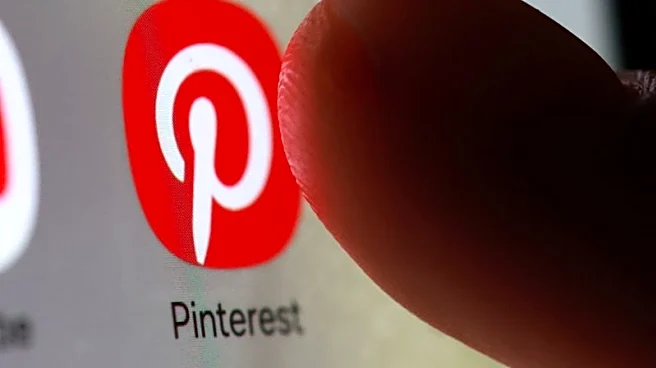Rapid Read • 8 min read
Testosterone replacement therapy (TRT) has seen a significant increase in usage among American men over the past two decades, often at doses exceeding the guidelines set by the Endocrine Society. While many users report feeling rejuvenated and more energetic, there are substantial risks associated with the therapy, including the potential for serious conditions such as right-heart failure. The therapy's popularity has grown from bodybuilding circles to mainstream medicine, facilitated by retail clinics and online platforms where dose escalation is common and follow-up care is minimal. Despite the benefits of improved quality of life, muscle mass, and bone density, the therapy poses real risks, particularly when doses are set far above physiological replacement levels.
AD
The rise in testosterone therapy usage highlights a growing trend in men's health, where the pursuit of vitality and youth can lead to significant health risks. The therapy's widespread adoption raises concerns about the adequacy of monitoring and regulation, as many men may be unaware of the potential dangers. The lack of public discussion around testosterone therapy, compared to other treatments like Ozempic or Wegovy, suggests cultural stigmas associated with masculinity and performance enhancement. This trend underscores the need for better safety nets, including appropriate dosing, evidence-based guidelines, and routine monitoring, to prevent adverse health outcomes.
As testosterone therapy continues to gain popularity, there may be increased scrutiny from health regulators and medical professionals to ensure safe practices. The conversation around testosterone therapy is crucial to prevent men from unknowingly risking their health. Future developments could include more stringent guidelines and monitoring requirements, as well as increased public awareness campaigns to educate men on the potential risks and benefits of the therapy.
The cultural implications of testosterone therapy reflect broader societal attitudes towards aging and masculinity. The therapy's appeal lies in its promise to restore youth and vitality, but it also challenges traditional notions of aging gracefully. The ethical considerations of prescribing testosterone at high doses without adequate monitoring raise questions about the responsibility of healthcare providers and the influence of commercial interests in the medical field.
AD
More Stories You Might Enjoy












